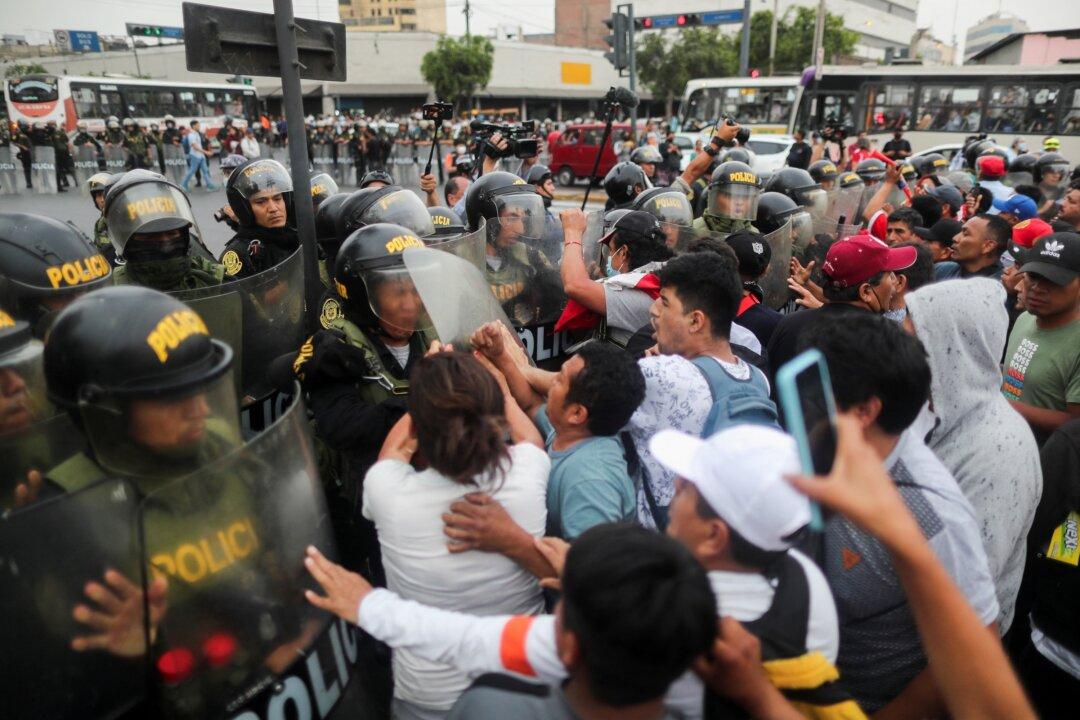Seventeen people have been killed and dozens more injured in Peru amid anti-government protesters’ renewed clashes with security forces in the city of Juliaca.
The protests initially broke out in December following the removal and arrest of former president Pedro Castillo on the grounds of “permanent moral disability” after he attempted to dissolve Congress and rule by decree in an effort to prevent his impeachment over multiple allegations of corruption.




